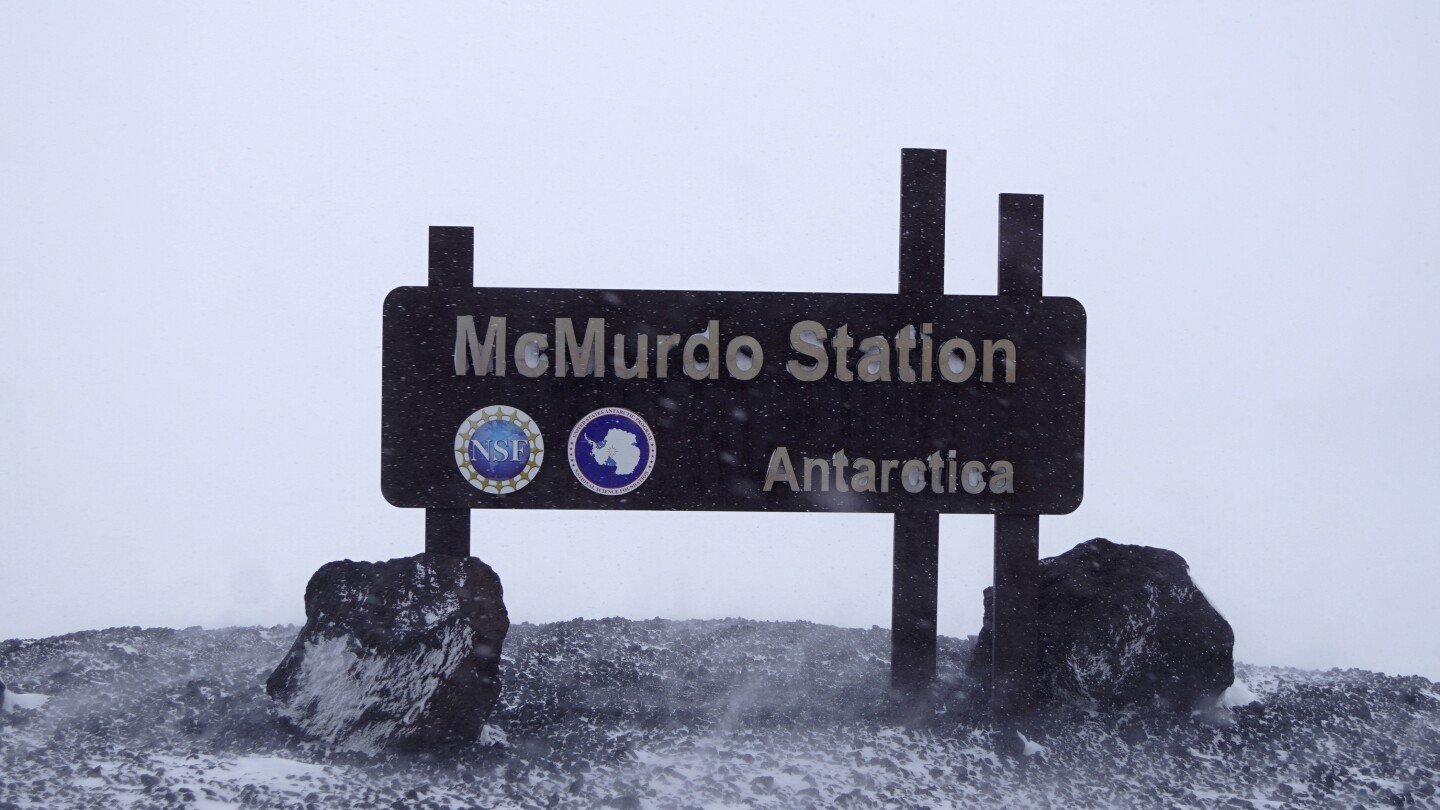- cross-posted to:
- world
- cross-posted to:
- world
The National Science Foundation, the federal agency that oversees the U.S. Antarctic Program, published a report in 2022 in which 59% of women said they’d experienced harassment or assault while on the ice, and 72% of women said such behavior was a problem in Antarctica.
But the problem goes beyond the harassment, The Associated Press found. In reviewing court records and internal communications, and in interviews with more than a dozen current and former employees, the AP uncovered a pattern of women who said their claims of harassment or assault were minimized by their employers, often leading to them or others being put in further danger.



There are reasons to do that, women and men react differently to long-term microgravity.
I found this study about the differences (but it’s from 2014, please tell me if you find a more recent one) The Impact of Sex and Gender on Adaptation to Space: Executive Summary.
TL;DR female astronauts have, according to the study:
Keep in mind that this data is not the best because only around 20% of people that had been on the ISS at the time of the study were women and because male astronauts are more likely to come from a military background.
I personally think this means we should send an equal amount of both sexes (maybe more women as it would help get more data on the differences). Sending all-men or all-women missions sadly won’t fully solve the problem as sexual assault isn’t always between men and women, that said, it is less common so it’s not a bad idea.
Anyways, more investigation is required. If you find a newer/better study please tell me (or if something I wrote is inaccurate), I don’t want to spread misinformation